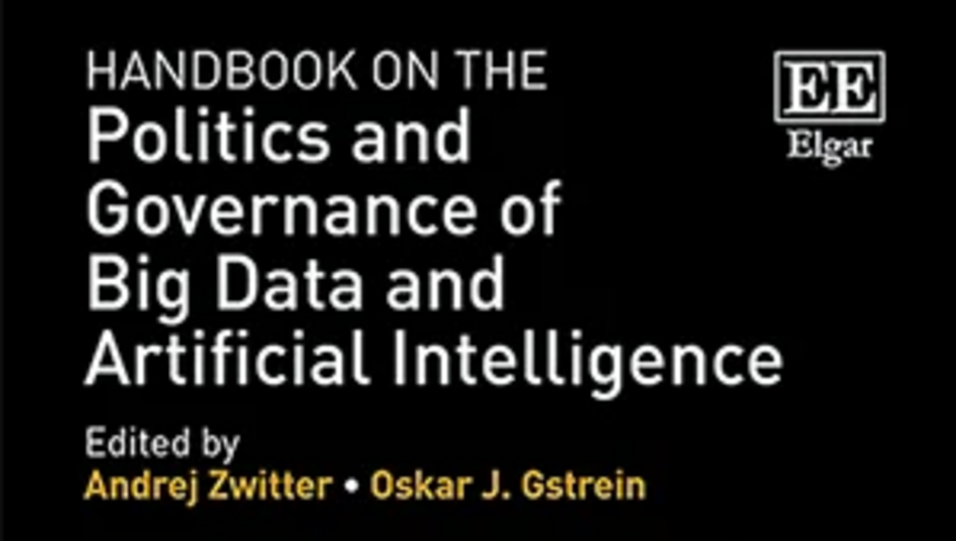Drawing on the theoretical debates, practical applications, and sectoral approaches in the field, this ground-breaking Handbook unpacks the political and regulatory developments in AI and big data governance. Covering the political implications of big data and AI on international relations, as well as emerging initiatives for legal regulation, it provides an accessible overview of ongoing data science discourses in politics, law and governance.
- Chapter 12 by Nikolaus Forgó, Emily Johnson, Iana Kazeeva and Elisabeth Steindl: Big Data, AI and health data: between national, European, and international legal frameworks
- Chapter 13 by Theresa Henne and Oskar J. Gstrein: Governing the ‘datafied’ school: bridging the divergence between universal education and student autonomy
The Handbook is available here.

